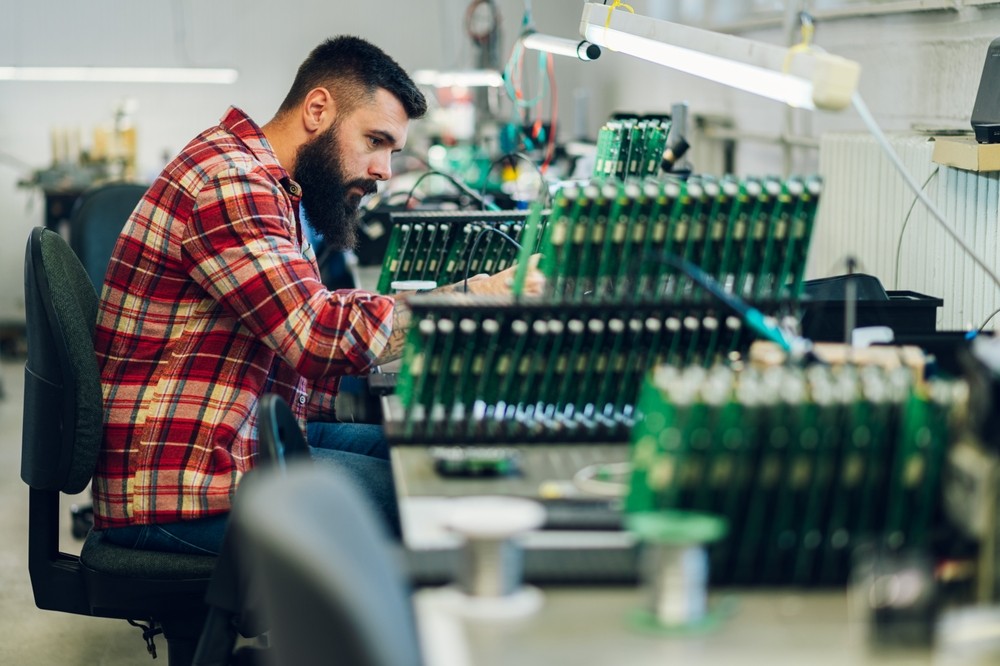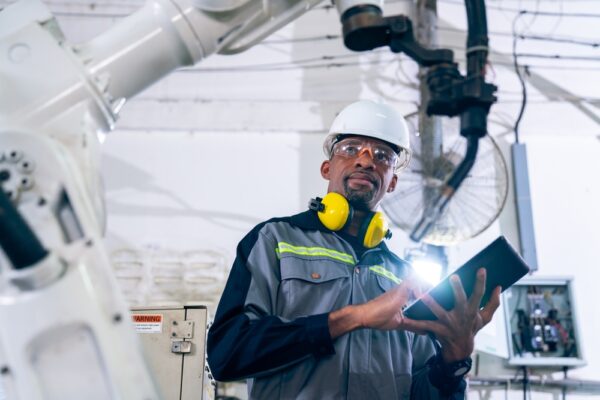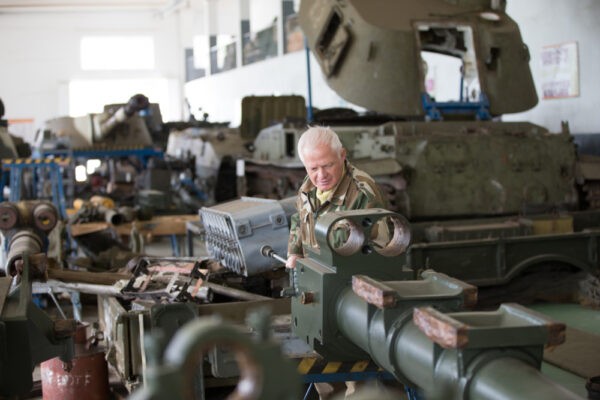How Veterans Are Making a Positive Impact on Manufacturing

The manufacturing industry serves as the backbone of economies worldwide, driving innovation, job creation, and financial growth. In recent years, the invaluable contributions of veteran servicemembers to this sector are finally being recognized. As men and women transition from their military careers, they bring a unique set of skills, experiences, and values that align well with the demands of manufacturing.
By understanding and harnessing the potential of veteran servicemembers, the manufacturing industry stands to gain a highly skilled and dedicated workforce, while veterans find meaningful careers and opportunities for continued growth.
Veterans make great manufacturers
Through their military experience, veterans possess the discipline and leadership qualities so crucial in a manufacturing environment. This transferable skill set allows them to approach tasks with a structured, organized mindset, making them efficient problem-solvers.
The dynamic nature of manufacturing also requires adaptability — a trait instilled in veterans through their training. Additionally, the emphasis on teamwork and collaboration within the military prepares veterans to work well with others. This is a vital aspect in any manufacturing setting.

Benefits for manufacturers hiring veterans
Manufacturers who hire our nation’s heroes enjoy many benefits, including the following:
- Work ethic and dedication. Veterans are known for their discipline, work ethic, and dedication to duty. These traits come from their extensive military training, where they learned the importance of teamwork, responsibility, and resilience. Through these values, veterans are committed to carrying out their responsibilities to the best of their abilities.
- Reduced turnover rates and increased employee retention. By hiring veterans, manufacturers enjoy reduced attrition rates and higher levels of employee retention. Most veterans are loyal to their employers and tend to stay with a company for an extended period. Manufacturers can leverage job stability and a sense of belonging to improve employee engagement among veterans.
- Enhanced safety culture and attention to detail. The manufacturing industry is prone to workplace accidents and injuries, making occupational safety a top priority. Veterans have a keen sense of responsibility, meticulous attention to detail, and exceptional risk management skills. They’re trained to mitigate potential hazards, assess risk levels, and take appropriate action to prevent workplace accidents.
- Positive impact on company culture and morale. Veterans have diverse perspectives, experiences, and skills. Their strong work ethic, professionalism, and sense of duty can motivate and inspire the entire workforce. Veterans are also highly adaptable, adjusting to different situations and work environments with ease. They bring a can-do attitude to every task they perform.

Pathways into manufacturing for vets
As veterans transition into the civilian workforce, many encounter unique challenges in finding meaningful employment opportunities. Luckily, numerous programs are aimed at helping veterans succeed in manufacturing, such as:
- Manufacturing Extension Partnership (MEP)
- Veterans’ Employment and Training Service (VETS)
- Veterans in Manufacturing
- Helmets to Hardhats
- Veterans in Piping (VIP)
- Workshops for Warriors
Whether you’re a veteran looking to start a new career or a manufacturing company seeking new talent, these programs are valuable resources worth exploring. They can help form a proven pairing: veteran workers and manufacturers.